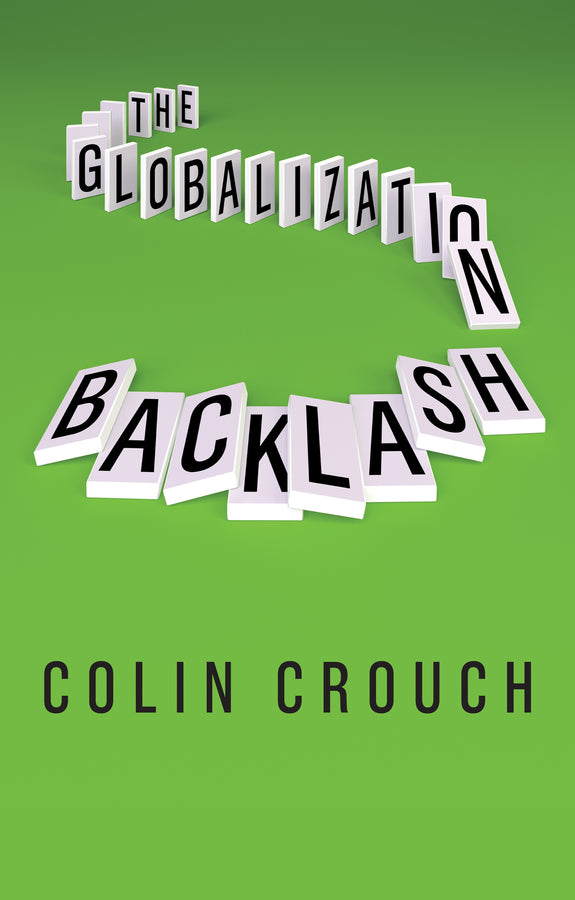Description
Discover 'The Globalization Backlash,' a thought-provoking book by Colin Crouch that delves into the controversial topic of globalization and its resistance worldwide. In this compelling narrative, Crouch argues against the common perceptions framed by both right and left critics, who view globalization as a threat to traditional values and a tool for corporate dominance. This 120-page book, published by John Wiley & Sons in 2018, offers a fresh perspective that aims to defend globalization while recognizing its shortcomings. Crouch contends that dismantling globalization will only exacerbate social inequalities and foster nationalistic divides, leading to a poorer global landscape. He advocates for transformative reforms needed to ensure that globalization serves all communities fairly, promoting social solidarity and healing the divides experienced by disadvantaged cities and regions. By pushing for a shift towards democratically accountable international governance, Crouch proposes a pathway to a more inclusive and progressive global economy. This book is essential reading for anyone seeking to understand the complexities of modern globalization and the urgent reforms necessary for its future. Order now for free shipping, and please allow up to 6 weeks for delivery. Note: once your order is placed, it cannot be cancelled.
Note: Shipping for this item is free. Please allow up to 6 weeks for delivery. Once your order is placed, it cannot be cancelled.
Condition: BRAND NEW
ISBN: 9781509533770
Year: 2018
Publisher: John Wiley & Sons (UK)
Pages: 120
Description:
Globalization, heralded for decades as a harbinger of prosperity, faces a huge backlash. Derided by right-wing nationalists as a Âglobalist™ plot to undermine traditional communities, and by left-wing critics as the rule of rampaging corporations, it™s become a political punching bag around the world.
In this incisive book, leading commentator Colin Crouch defends globalization against its critics to the right and left. He argues that reversing the process would mean a poorer world riven by nationalistic and reactionary antagonisms. However, globalization will only be worth saving if we institute reforms to promote social solidarity and recover pride and confidence for the cities and regions that have lost out. Crouch shows that we can therefore only save globalization from itself if we transcend the nation state and subject global economic flows to democratically responsible transnational governance.
Crouch provides a much-needed riposte to the delusions that risk plunging the world back into a zero-sum game of regressive economic nationalism, combining cool-headed analysis with a visionary call for a reformed and genuinely progressive globalization.
Note: Shipping for this item is free. Please allow up to 6 weeks for delivery. Once your order is placed, it cannot be cancelled.
Condition: BRAND NEW
ISBN: 9781509533770
Year: 2018
Publisher: John Wiley & Sons (UK)
Pages: 120
Description:
Globalization, heralded for decades as a harbinger of prosperity, faces a huge backlash. Derided by right-wing nationalists as a Âglobalist™ plot to undermine traditional communities, and by left-wing critics as the rule of rampaging corporations, it™s become a political punching bag around the world.
In this incisive book, leading commentator Colin Crouch defends globalization against its critics to the right and left. He argues that reversing the process would mean a poorer world riven by nationalistic and reactionary antagonisms. However, globalization will only be worth saving if we institute reforms to promote social solidarity and recover pride and confidence for the cities and regions that have lost out. Crouch shows that we can therefore only save globalization from itself if we transcend the nation state and subject global economic flows to democratically responsible transnational governance.
Crouch provides a much-needed riposte to the delusions that risk plunging the world back into a zero-sum game of regressive economic nationalism, combining cool-headed analysis with a visionary call for a reformed and genuinely progressive globalization.

